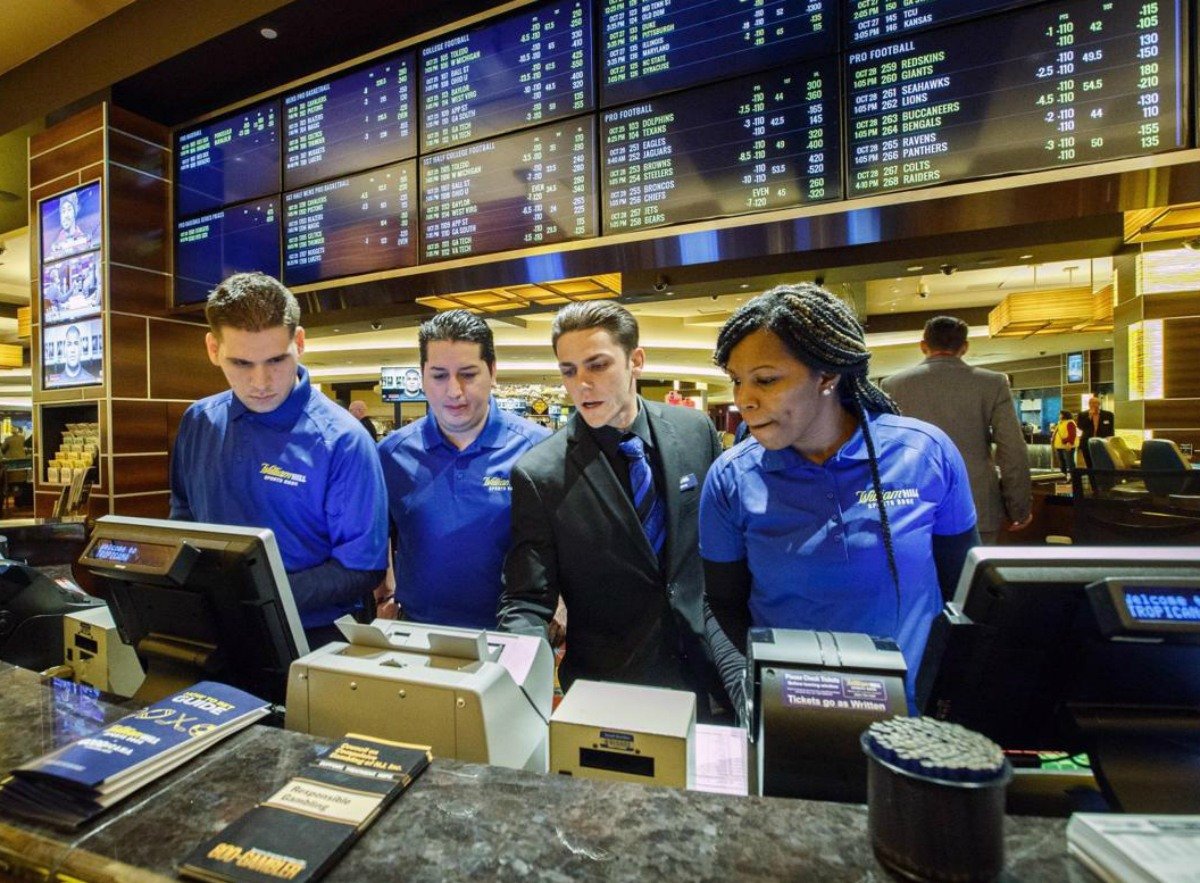New Jersey Considering Increasing Penalties on Sportsbooks Accepting Prohibited Bets
Posted on: March 9, 2019, 05:00h.
Last updated on: March 8, 2019, 01:06h.
New Jersey sportsbooks are not permitted to offer odds on collegiate events that involve teams based in the state. If they do, one lawmaker says they should face more consequential penalties than what are currently on the legal books.

Assemblyman Ralph Caputo (D-Essex) introduced Assembly Bill 4947 in late January. The legislation passed the Assembly Tourism, Gaming and the Arts Committee (ATG) unanimously this week. The statute would elevate sanctions on casinos and sportsbooks found in violation of the state’s sports betting law.
We must provide the proper and necessary oversight to ensure that our state’s holders of sports wagering licenses abide by the laws set forth,” Caputo declared. “We want New Jersey’s sports and race gaming industry to succeed, and in order for us to do this, we must guarantee that everyone plays fairly by the rules, and that if people break those rules, they are punished accordingly.”
The New Jersey Division of Gaming Enforcement (DGE) is responsible for regulating sports betting.
The DGE recently seized $90,000 from a gambler who illegally played – and won – online from California. New Jersey has long hailed its internet casino industry’s geolocation technologies that usually prevent play from outside the Garden State.
Caputo has long been a proponent of expanded legal gaming in New Jersey. He chairs the ATG committee.
Betting Mishaps
Caputo’s legislation would allow the DGE to recommend, and the New Jersey Casino Control Commission approve – fines on sports betting operators ranging from $20,000 to as high as $100,000 per violation.
The sportsbook would also need to pay the state the equal amount of all improper wagers accepted, and could see their sports gambling permits suspended for 10 days. All money collected from sports betting penalties would be directed to the Casino Control Fund.
When New Jersey finalized its sports betting regulations last year, the law defined a “prohibited sports event” as “any collegiate sport or athletic event that takes place in New Jersey or a sport or athletic event in which any New Jersey college team participates regardless of where the event takes place.”
Last fall, Caesars Entertainment was fined $2,000 for unlawfully taking wagers on Rutgers’ football game against Kansas that was played away at the Jayhawks’ home field.
New Jersey is home to eight universities that participate in some form of Division I sport.
Sports Betting Laws
With the Supreme Court’s repeal last May of the federal sports betting ban, states are presently afforded the right to determine their owns laws on the gambling activity. There are no oversight conditions currently enforced by Congress, so long as the wagering takes place only within the state’s borders.
Along with banning betting on any game involving a New Jersey college, state regulations prohibit wagers on high school and amateur events, as well as esports.
Six other states have joined Nevada in allowing full-scale sports betting in wake of the SCOTUS decision. They are Delaware, Rhode Island, Pennsylvania, West Virginia, Mississippi, and New Mexico. Only the Garden State, however, has banned sportsbooks from participating in games involving state colleges.
No comments yet